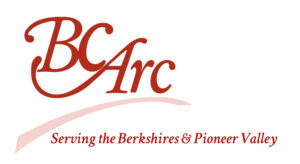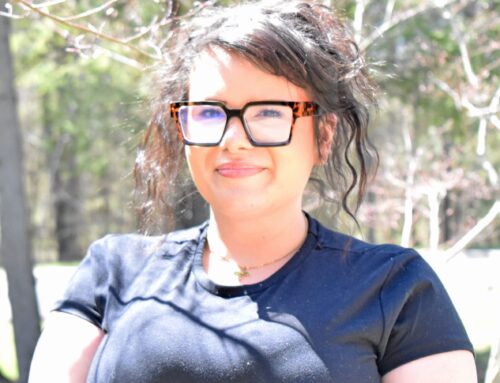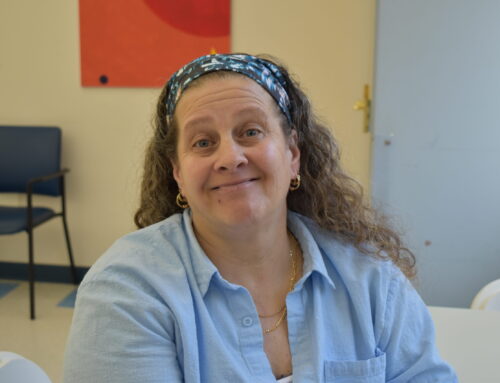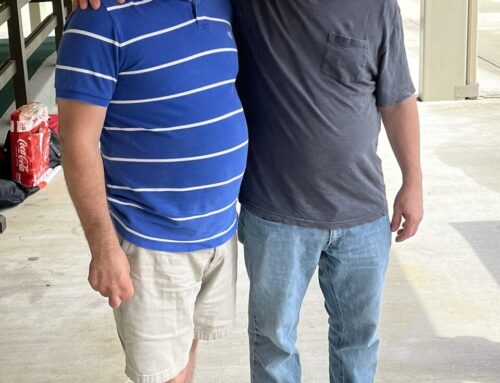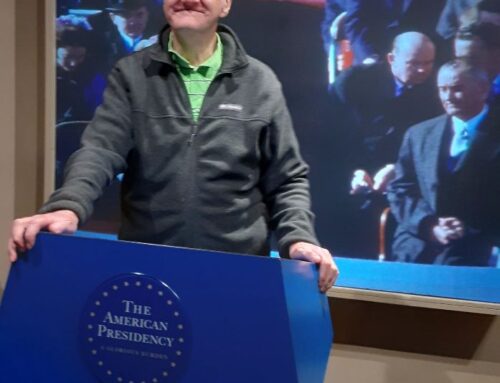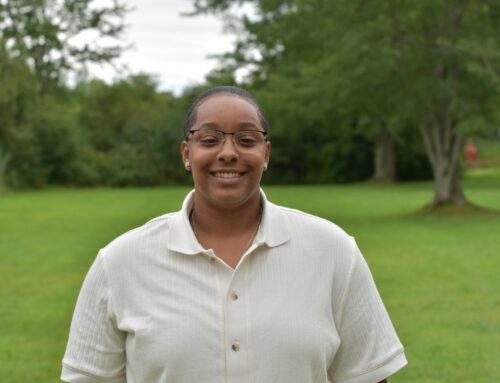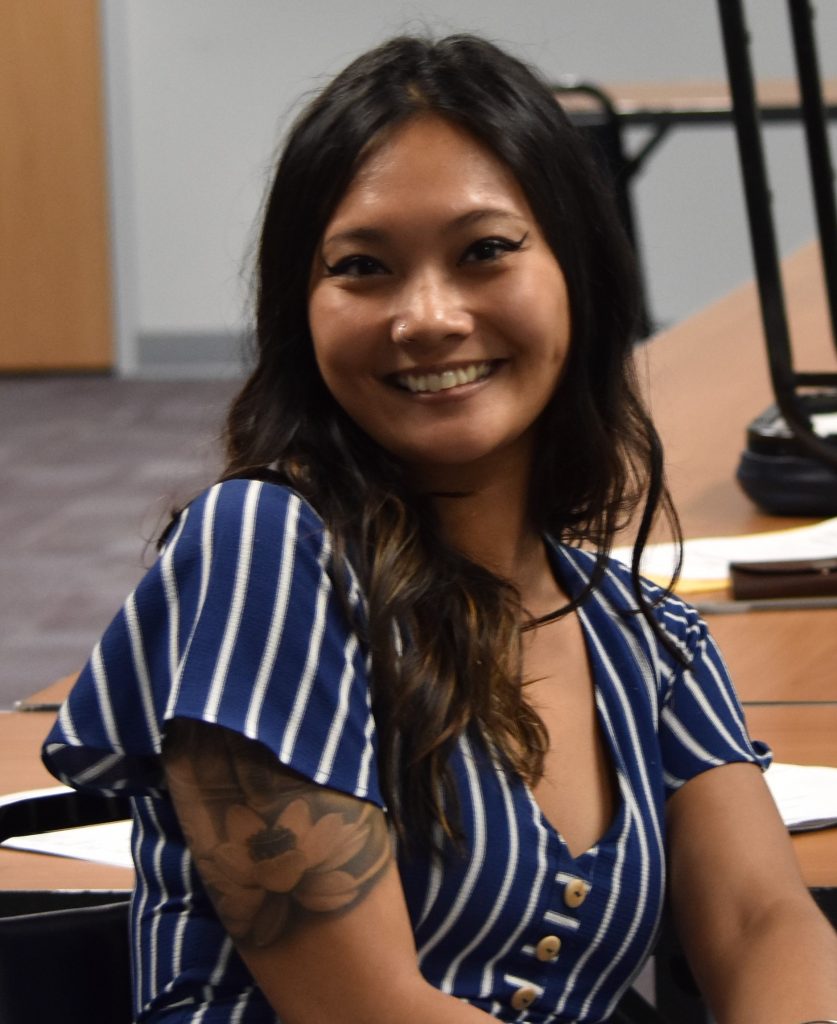 Sopheary Larrow recognizes her uncanny knack for managing tough behavior from individuals with developmental disabilities.
Sopheary Larrow recognizes her uncanny knack for managing tough behavior from individuals with developmental disabilities.
“Connecting with them and redirecting them emotionally comes easy for me,” she says. “They are my dear friends and when things aren’t going well for them, I feel it. Some people struggle with these moments, I see it like, ‘My friend needs help and they are counting on me for help.’”
As a Community Advocate at the Berkshire County Arc, she works with some 25 individuals who live among BCArc’s 42 homes, helping to keep them engaged with the community, as well as navigate the tangled bureaucratic institutions we all face.
“I take them out a lot,” she said. “We’ll take a drive, or a walk, go out to eat. A lot of them aren’t mobile, and you quickly learn about the activities that do not accommodate wheelchairs, and those that do. I wish I could take them hiking,” she laments. “One of my individuals loves to get her nails done. For me it’s like spending time with family. Sometimes we’ll cook a meal together, or just enjoy each other’s company.”
She notes that she always takes them out alone – “One-on-one time is the best way for both of us.”
Each Community Advocate, along with their caseload, organize “give backs” – activities that contribute to populations in the community that need assistance. This includes food drives, clothes drives, volunteering their time, fundraising, and more.
Along with instilling the value of giving, it helps integrate the individuals with different parts of the community, says the Boston-region native, where she played four years of high school tennis and attended college.
When Sopheary started the position a year ago, she said that working with the disabilities population seemed like a daunting task to her. “My family was skeptical. My friends said I wouldn’t be able to physically do it, like push a wheelchair of an individual larger than me.”
“Turns out I’m a great Community Advocate because I love them, so I want the best possible care for them. I fight for them like they are my family because they are. They’re my BCArc family.”
“They genuinely want to love and be loved just like everyone else on earth,” she says. “Once I understood that, it cut through everything else and creates the basis for being with them, understanding them, and representing them to the community. And while I want to protect them, they are protective of me as well. I don’t see ever wanting to leave BCArc.”
Recently married, she joked that her husband is far more challenging to manage than any of the individuals she works with.
